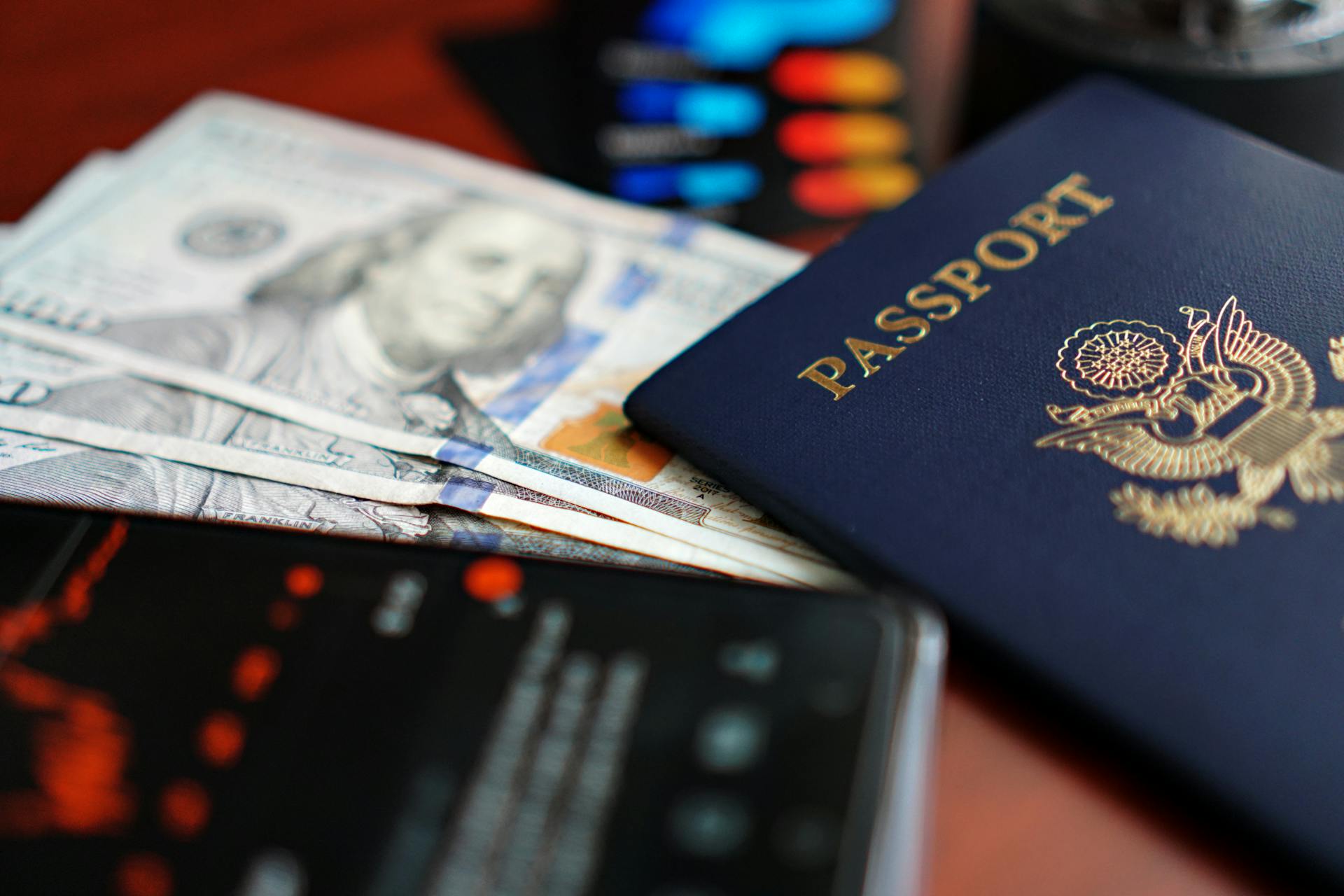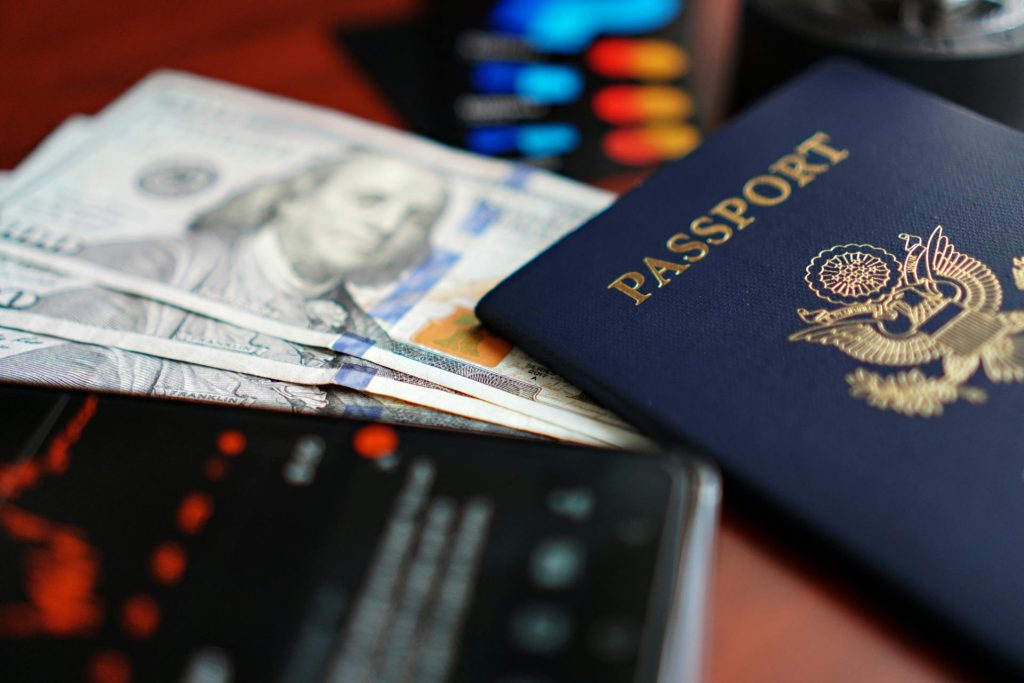Employment visas allow foreign nationals to live and work in the United States legally. Whether a company is seeking to fill specialized roles with international talent or an individual is pursuing career opportunities abroad, understanding the types of employment visas is essential. U.S. immigration law offers a variety of visa categories, each with its own eligibility requirements, limitations, and benefits. Choosing the right visa can mean the difference between a smooth transition and a legal or administrative roadblock.

Temporary Employment Visas
Temporary employment visas, also known as non-immigrant visas, are granted for a limited period and often require the applicant to demonstrate an intent to return to their home country once the visa expires.
H-1B Visa – Specialty Occupations
The H-1B visa is one of the most sought-after employment visas in the U.S. It is designed for foreign professionals working in specialty occupations that require theoretical or technical expertise, such as engineering, IT, finance, or healthcare. Employers must sponsor applicants, and the process includes meeting educational requirements and complying with strict filing deadlines.
H-2B Visa – Temporary Non-Agricultural Workers
The H-2B visa allows U.S. employers to hire foreign workers for temporary, non-agricultural jobs. This category is often used in industries such as hospitality, construction, and landscaping. Employers must prove there are not enough qualified U.S. workers to fill the positions.
L-1 Visa – Intra-Company Transfers
The L-1 visa facilitates the transfer of employees within multinational companies. Executives, managers, or employees with specialized knowledge can relocate from an overseas branch to a U.S. office. The L-1 visa benefits companies expanding into the U.S. market by allowing them to transfer key personnel quickly.
Permanent Employment Visas
Permanent employment visas, or immigrant visas, allow individuals to live and work in the U.S. indefinitely. These visas are categorized into preference levels, each with its own requirements.
EB-1 Visa – Priority Workers
The EB-1 visa is available to individuals with extraordinary abilities in sciences, arts, education, business, or athletics, as well as outstanding professors, researchers, and multinational executives. Applicants must demonstrate national or international acclaim and a proven track record of achievement.
EB-2 Visa – Advanced Degrees or Exceptional Ability
The EB-2 visa is for professionals with advanced degrees or exceptional abilities in their field. Applicants may require a job offer and labor certification, although some may qualify for a National Interest Waiver if their work significantly benefits the United States.
EB-3 Visa – Skilled Workers, Professionals, and Other Workers
The EB-3 category covers skilled workers with at least two years of training or experience, professionals with a bachelor’s degree, and other workers performing unskilled labor. This visa type requires an employer sponsor and labor certification.
Choosing the Right Employment Visa
Selecting the right visa depends on factors such as the nature of the work, duration of employment, applicant qualifications, and employer sponsorship. Each category has its own timelines and approval processes, and some visas are subject to annual caps, which can make them highly competitive.
For companies and individuals navigating these complexities, professional legal guidance is invaluable. Working with Immigration Lawyers in Chicago can help ensure the correct visa is pursued, applications are submitted accurately, and deadlines are met without unnecessary delays.
Factors to Consider Before Applying
Employer Sponsorship Requirements
Most employment visas require a U.S. employer to sponsor the applicant. This involves proving the need for a foreign worker and, in many cases, showing that no qualified U.S. worker is available for the role. Employers must also meet specific wage requirements to ensure fair compensation.
Labor Certification Process
For certain visas, such as the EB-2 and EB-3, a labor certification from the U.S. Department of Labor is required. This process verifies that hiring a foreign worker will not negatively impact U.S. workers’ wages or job opportunities.
Duration and Renewals
While some visas allow for permanent residency, others are strictly temporary and require periodic renewals. Overstaying a visa can lead to serious legal consequences, including bans on future entry to the United States.
Specialized Employment Visas
Some visas cater to niche situations, offering opportunities outside the more common categories.
O-1 Visa – Individuals with Extraordinary Ability
The O-1 visa is for individuals who have demonstrated extraordinary ability in fields such as science, arts, education, business, or athletics. It requires proof of sustained national or international acclaim and the intention to work in the U.S. in the same area of expertise.
TN Visa – NAFTA Professionals
Under the United States-Mexico-Canada Agreement (USMCA), the TN visa allows Canadian and Mexican citizens to work in the U.S. in certain professional occupations, such as accountants, engineers, and scientists. This visa can often be obtained more quickly than other categories.
E-2 Visa – Treaty Investors
The E-2 visa is for individuals from countries with which the U.S. maintains a treaty of commerce and navigation. Applicants must make a substantial investment in a U.S. business and play a significant role in its operations.
The Role of an Employment Immigration Lawyer
An employment immigration lawyer can guide both employers and employees through the complexities of the U.S. visa system. From determining the appropriate visa category to managing documentation and compliance, their expertise helps avoid costly mistakes that could lead to denials or delays. They can also assist with transitioning from a temporary to a permanent visa, ensuring all legal requirements are met.
Maintaining Legal Status After Arrival
Securing an employment visa is only the beginning. To remain in compliance, visa holders must adhere to the terms of their visa, including working only for the sponsoring employer and avoiding unauthorized activities. Any changes in employment status should be reported to immigration authorities promptly.
Employers also have responsibilities, including verifying the legal work status of employees and maintaining accurate records. Failure to comply can result in fines, penalties, or even the loss of authorization to employ foreign workers.
Visa Processing Times and Planning Ahead
Processing times for employment visas can vary greatly depending on the category, country of origin, and current demand. Some visas may take only a few weeks to process, while others can require months or even years. Planning ahead is crucial to avoid disruptions to work start dates or business operations.
Applicants should be prepared to provide extensive documentation, including proof of qualifications, employment contracts, and evidence of the employer’s ability to pay wages. Delays often occur when documentation is incomplete or when additional evidence is requested by immigration authorities.
Adapting to Immigration Policy Changes
U.S. immigration laws and policies are subject to change, sometimes with little notice. Shifts in political priorities, court rulings, or international agreements can affect visa availability, processing times, and eligibility requirements. Staying informed and working closely with legal professionals can help applicants and employers adapt to these changes effectively.
Avoiding Common Mistakes in Visa Applications
Errors in visa applications can result in costly delays or outright denials. Common mistakes include incomplete forms, missing documentation, and failure to meet deadlines. Applicants should also ensure that all information is accurate and consistent across forms and supporting materials. Even minor discrepancies can raise concerns with immigration authorities.
By seeking professional guidance early in the process, both employers and employees can minimize these risks and improve their chances of a successful outcome.

Founder Dinis Guarda
IntelligentHQ Your New Business Network.
IntelligentHQ is a Business network and an expert source for finance, capital markets and intelligence for thousands of global business professionals, startups, and companies.
We exist at the point of intersection between technology, social media, finance and innovation.
IntelligentHQ leverages innovation and scale of social digital technology, analytics, news, and distribution to create an unparalleled, full digital medium and social business networks spectrum.
IntelligentHQ is working hard, to become a trusted, and indispensable source of business news and analytics, within financial services and its associated supply chains and ecosystems











